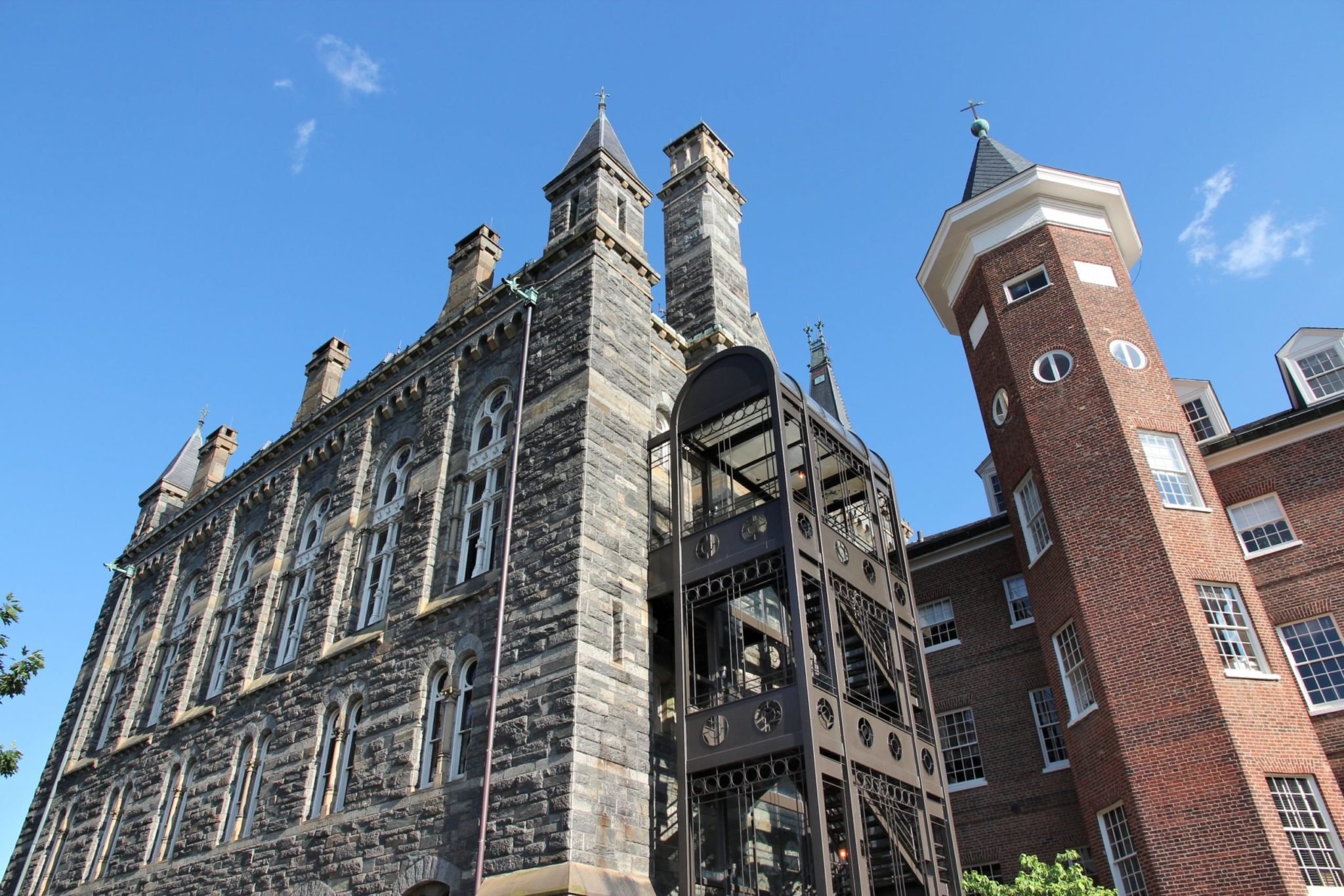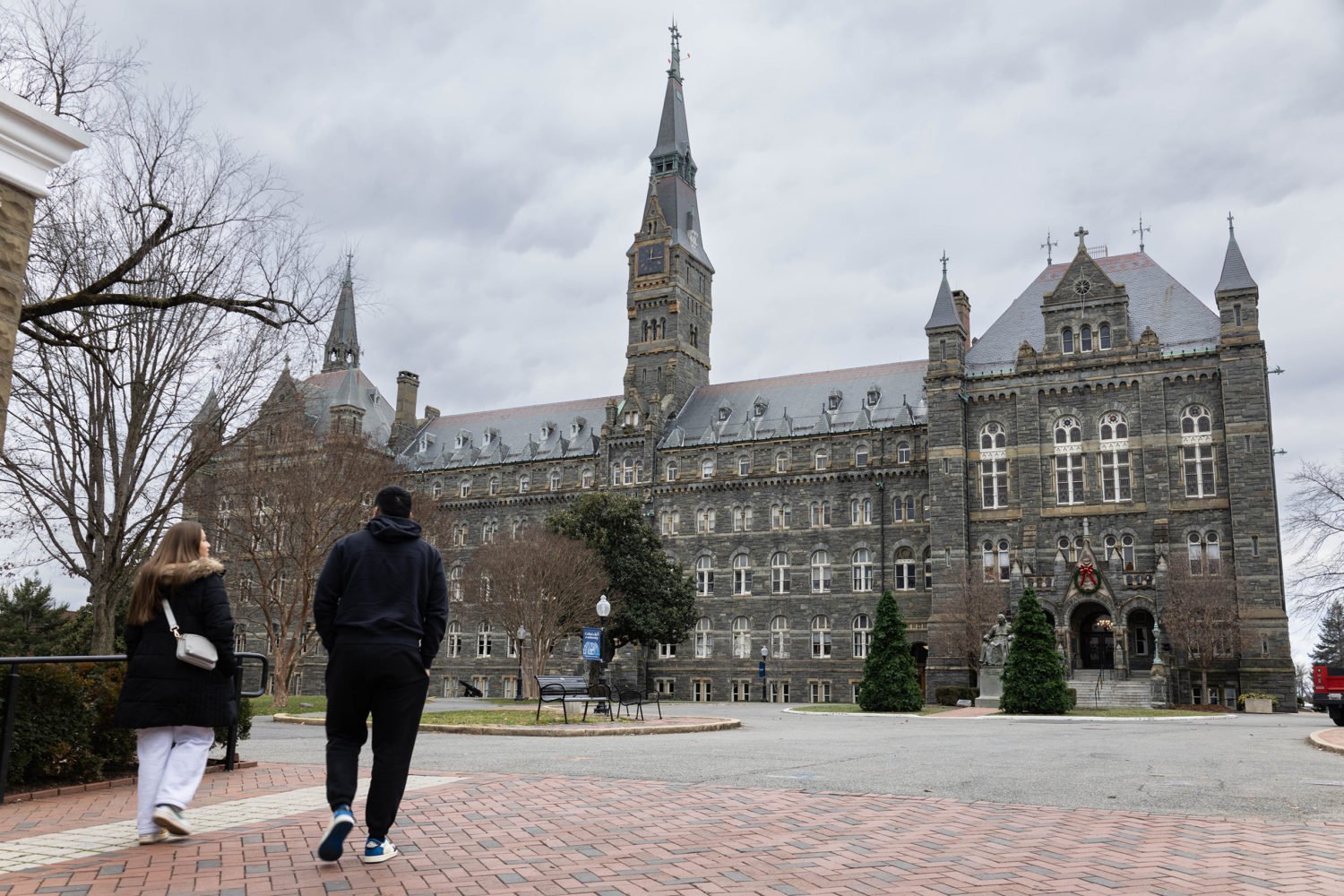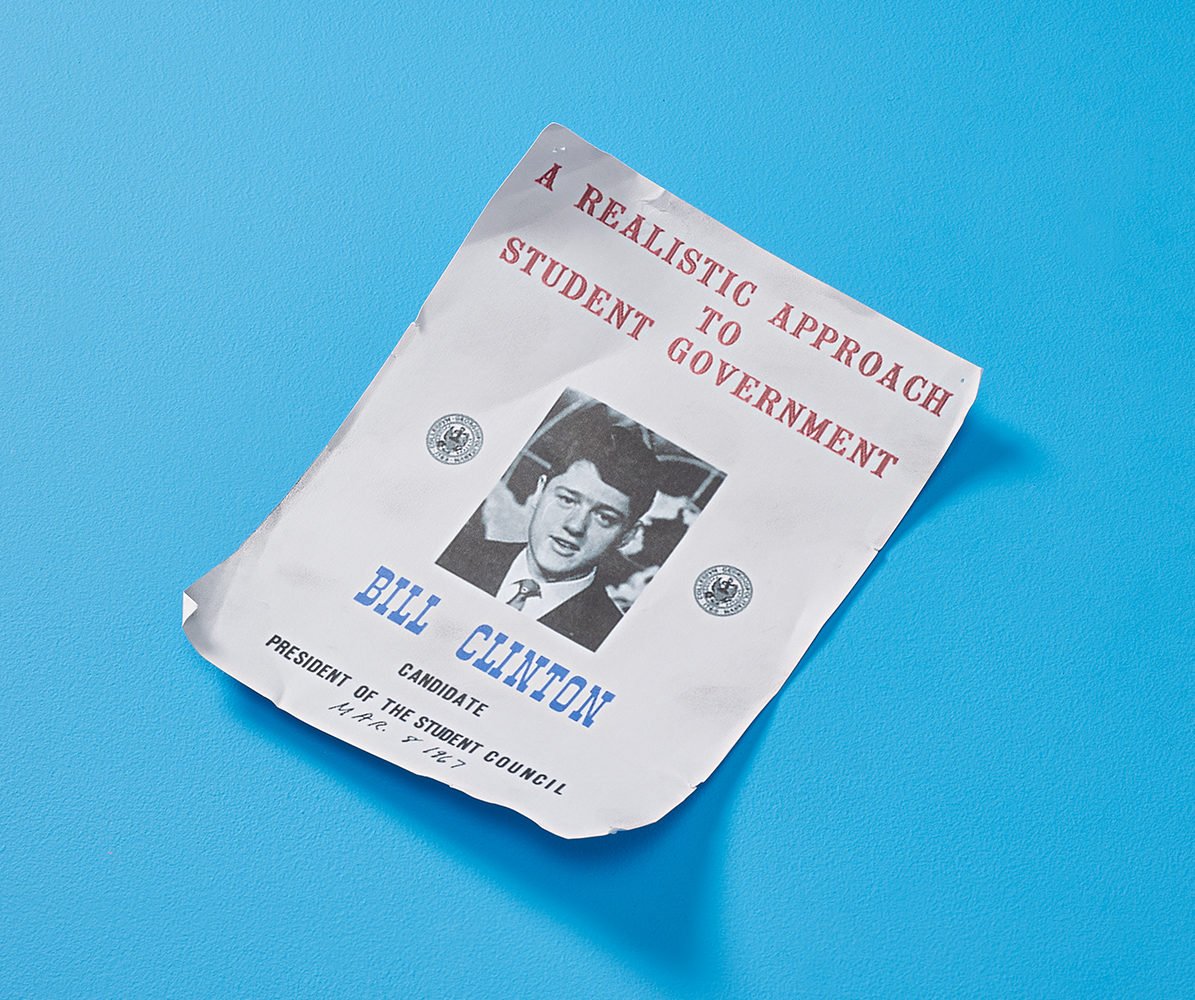I woke up yesterday to the same news that shocked millions of people around the country. Fifty people, including famous actresses, “legendary” coaches, and college administrators had been tangled up in a nationwide college admissions scandal, where at least 33 parents used millions of dollars to bribe and cheat their kids into admission to highly selective colleges.
But I wasn’t surprised. I’m a first-generation college student at Georgetown, one of the eight schools named as victims in the Justice Department’s indictment, and yesterday’s news just confirmed what many of us low-income or first-generation college students have known all along: The college admissions system is rigged, it is broken, and the pain many of us endured to get to the Hilltop is just as fresh as ever.
Yesterday’s indictment alleges that between 2012 and 2018, private college admissions counselor William Singer funneled more than $2.7 million to Georgetown tennis coach Gordie Ernst to designate at least 12 applicants as recruits for Georgetown’s tennis team, some of whom did not even play tennis.
At least three families are named, including one person I know, and the details of their alleged scheme are entertaining, but infuriating.
In at least one alleged case, an applicant knew she was cheating on the SATs and gloated with the proctor her family had hired to help her score higher.
And in another alleged case, an applicant followed instructions from Singer to write an email to Coach Ernst outlining his intent to play tennis for Georgetown, though he knew he had never played tennis in high school before.
While reading these accounts, I couldn’t help but remember the desperation I felt when I was navigating the college admissions process by myself, around the same time these students’ families were moving ungodly amounts of money around to steal a seat for their own kids.
I had no private help when filling out the Common App. I had to apply for financial help even to afford to take my SATs. I spent sleepless nights wondering if I was filling out my FAFSA form correctly and debating if the financial cost of going to college was worth my parents taking on debt.
My parents didn’t go to college. They didn’t understand the complex process of applying to colleges, and I relied on my high-school counselor for advice editing my essays, something that itself was a privilege.
So when I read about these parents allegedly maneuvering tax law and funneling money into a coach’s pocket, I became enraged. I remember the look of pain in my mother’s eyes when she apologized to me for not speaking fluent English, for not going to school in the United States, and for not being able to help me in the most stressful months of my life.
I also remember the feeling of being an imposter when I arrived at Georgetown, of feeling like I had stolen someone else’s seat, of thinking I was not smart enough to compete with my classmates.
Yesterday’s news revived all these memories and more. Because as long as low-income and first-generation students are told that education is the best way to succeed later in life, educators must also recognize that just getting a foot in the door is not enough. It is incredibly stressful and anxiety-inducing to know that you go to a school where the median family income is $229,100, where almost 75 percent of your classmates come from the top 20 percent, and where one in five students comes from the top 1 percent of families.
Because yesterday’s indictment proves that inequality is ingrained into the college admissions system. Money does buy influence, and wealth provides success. So while some joke about Aunt Becky and laugh at a college-student-turned-influencer, remember that these alleged actions have not only caused irreparable harm to the students they locked out of higher education, they have also validated the hard sacrifices so many first-generation and low-income students have had to make to get into college and then survive until graduation.








